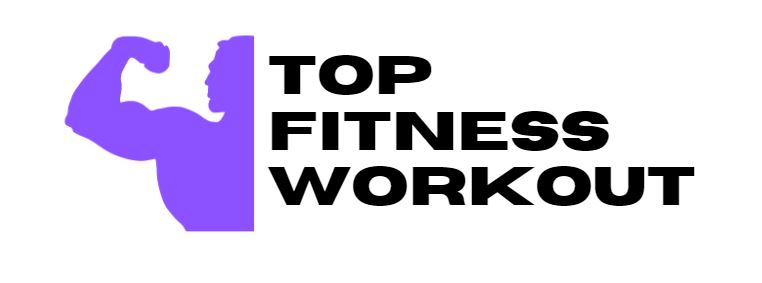Obesity is a similar opportunity: it affects both men & women. Women are at a slightly higher risk of obesity than men, especially after menopause. Among adults, 37% of women are obese versus 33% of men. However, women & men advance weight loss differently.
Unfortunately, studies show women are also likely to be stigmatized for comprising overweight or obese than men even with similar degrees of obesity. Females are also more likely to not be promoted in the workplace if they’re carrying too many pounds. So, there’s also pressure for women to maintain a healthy body weight than men. However, research shows that obesity is more harmful from a health standpoint for men than women. Studies show men are three times more likely to die from complications from obesity than women.
Let’s look at some ways men & women differ in their perception of & approach to weight loss.
The men are less like to think there are emotional eaters:
One cause of weight gain is emotional eating, eating for comfort or to relieve stress. Most people think women are emotional eaters, but men can be stress eaters too. However, men are less likely to own up to emotional eating like women are. Instead, they’re closet eaters. Emotional eating is another term for eating because of stress or for reasons other than hunger.
Men who stress like to devour foods high in sugar & fat, often with little nutritional value, the same type of hyper-palatable foods that women do. However, one study found that women lean toward sugary foods when stressed while men prefer salty, crunchy fare, like potato chips. Another study found that men prefer comfort foods similar to what their mother would have prepared, like macaroni & cheese, while women gravitate toward pre-packaged snacks, often sugar ones, particularly chocolate.
The trigger for stress eating is the stress hormone cortisol. A study carried out by British researchers found that subjects who produced more cortisol when under stress snacked more than those who produced lesser cortisol in response to being stressed out. Cortisol is a stress hormone that stimulates appetite & the desire to eat foods high in fat & sugar.
Taming cortisol can help with emotional eating. Men & women can lower their cortisol levels through relaxing activities, like walking in nature, yoga, meditation, & other mind-body exercises. That, in turn, can help with overeating related to stress.
They are less like to see & themselves as overweight:
Women are quick to point out that they’re overweight & need to shed a few pounds, but men are less likely to view themselves as overweight even when they are. Studies too show women are also likely to take steps to lose weight than men, maybe because they acknowledge that they are overweight whereas men deny it. A study showed that more than half of normal-weight women felt they were overweight && could stand to lose a few pounds. In contrast, a man who is 20 pounds overweight may no see it as a problem. So, men are more liberal in how much weight they’ll tolerate before they perceive that they’re overweight & need to take action.
this gravitates toward multiple foods when trying to lose :
People change in the diet they adopt for weight controllers too. When trying to shed a few pounds, men are more likely to adopt a meat-based diet, like a high-fat, high protein ketogenic, diet while women gravitate more toward plant-based diets. Women are also more likely to count calories, although that’s changing as people realize food composition & nutrient density matters too.
The reality is both genders need healthy sources of lean protein & fiber-rich fruits & vegetables for weight loss. The worst way to approach losing weight is to restrict multiple foods or food groups. That’s the marker of a fad diet. The dietary component most everyone should restrict or eliminate is sugar & ultra-processed carbohydrates.
Women focus also on expending weight men on getting fitter :
Men are less likely to admit they’re trying to lose weight. Instead, they say they’re trying to get fitter, so it’s not surprising that exercise is part of their weight loss plan. However, women, too, underst & the importance of exercise for healthy body composition. You may lose weight at first through dietary changes, but research shows exercise is the key to maintaining that weight loss. Women & men who lift weights & build muscle size improve how their body processes glucose & the extra muscle can boost resting metabolic rate slightly & that helps with weight control.
More women acknowledge that strength training matters too & that’s why both genders are lifting heavy weights these days. Weight training is most important for optimizing body composition. The goal is to lose body fat without losing muscle. Working with weights is the best way to accomplish this.
The men are like to get motivated for medical reasons:
Women are more likely to want to lose weight to improve their appearance & to feel better overall. For men, it may take the threat of a health problem, such as elevated blood pressure or blood sugar, to get them to take action.


Post a Comment